Passion for a healthy nature
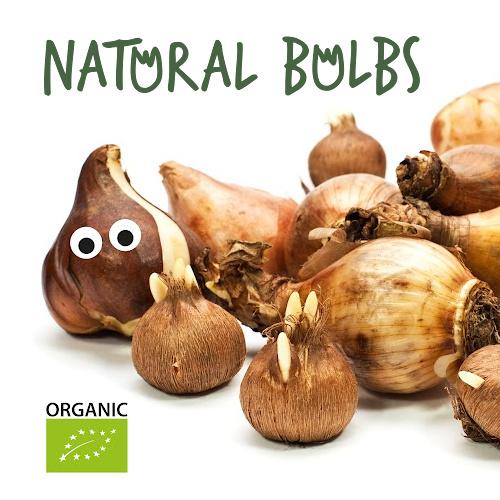
Natural Bulbs
Since the 1990s, we have been looking for a way to make bulb cultivation as natural as possible. At Natural Bulbs, we prefer to work with nature rather than against it. So we avoid pesticides and artificial fertilisers.
By embracing organic growing principles, we managed to start a movement. We offer growers an economic perspective in converting to organic.
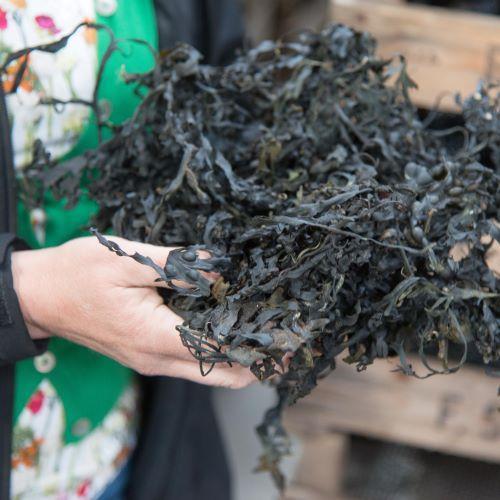
Why
A natural soil is a home for billions of organisms that work together to provide good soil structure and increase resilience to pests.
But of course, you have to give those hard workers in the soil a good chance to survive.
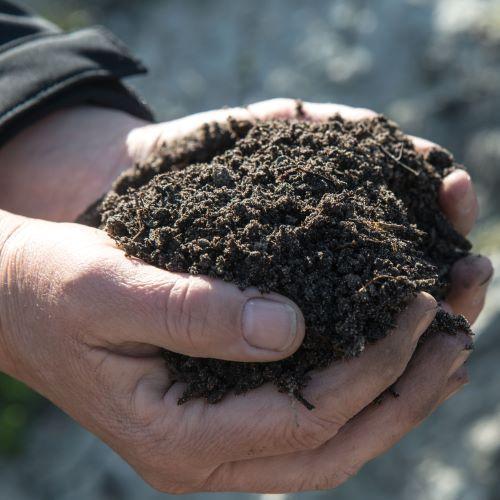
Soil
''Today we harvest better, stronger and healthier bulbs for our clients and we've measured life back into our soils''
Grower John Huiberts
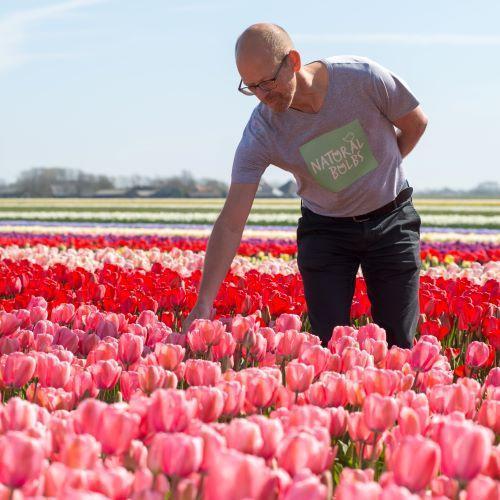
Who
Robert Heemskerk took over the Natural Bulbs webshop in 2014 from Wilbrord Braakman, who was a true pioneer experimenting with growing organic bulbs back in the 1990s.
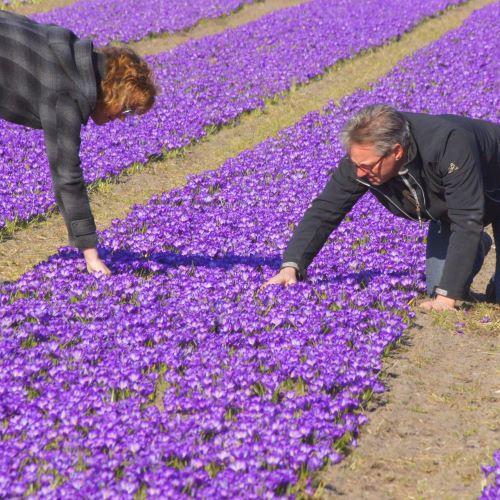
Collaboration
Robert discussed with new organic growers. Among others, he spoke to the Huiberts family. This family has been growing flower bulbs for more than 40 years. But in 2012, their soil had deteriorated to such an extent that the parents of three children had to make a drastic choice:
Use even more chemicals or risk the switch to organic cultivation?
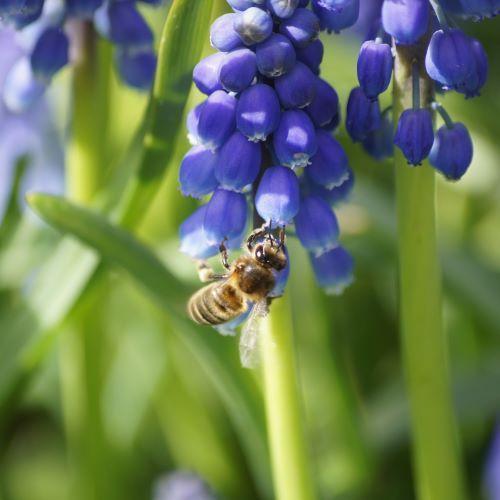
Happy bees
We give bees a responsible source of pollen and nectar due to organic bulbs and plants.
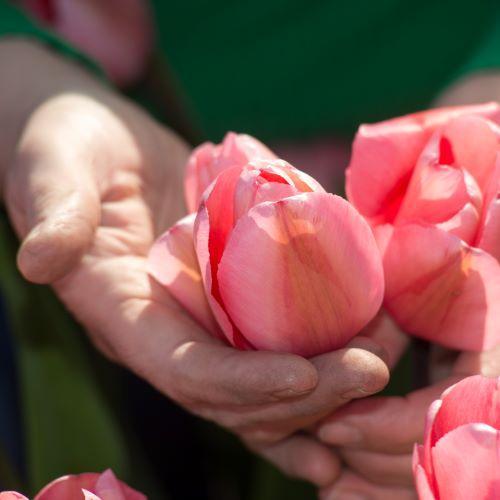
Caring
Everything you give attention to grows.
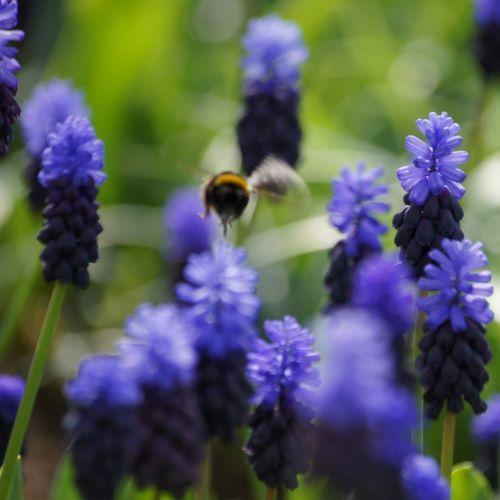
Bumblebees
Very early in spring, bumblebees come out of hibernation. They fly out earlier than the bees, looking for the early spring flowers.
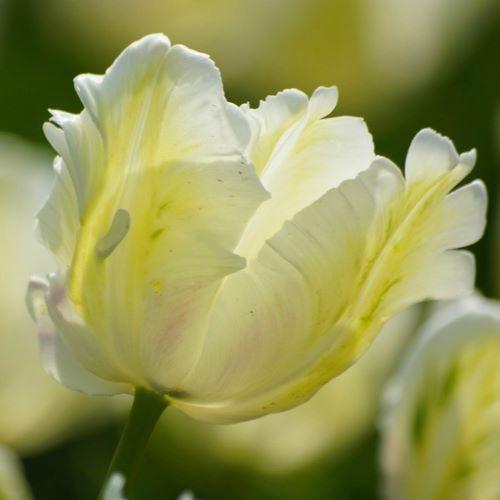
Hope
Thanks to Natural Bulbs to make bulb farming more sustainable, there is hope for brave growers who join in this transition.
Footnote: 8.5 billion bulbs are grown in the Netherlands every year (crocuses, daffodils, lilies, gladioli, dahlias and especially many tulips). Unfortunately, in the past it has become common to use fertilizers and pesticides or crop protection products from the chemical industry. This seemed necessary to combat pests and weeds. However, as an example, up to 114 kilos of active pesticide and protective substances per hectare were used for lilies, or 26 kilos of active substances for tulips (compared to an average of 7.5 kilos for arable farming) (source: CBS 2022). Unfortunately, the result of the use of fertilizers and pesticides is a soil with reduced life. This affects the resilience of the soil to prevent pests.
Fortunately, the sector is working very hard to research robust varieties that can be grown without chemicals. Efforts are also being made to reduce substance use. The bulb sector is collectively moving towards environmentally friendly cultivation, with some very nice examples of almost completely organic cultivation and of course also a number of fully organically certified growers. We at Natural Bulbs support 100% certified organic flower bulb nurseries because the focus is on healthy soil with lots of soil life and a robust level of resistance to pests.